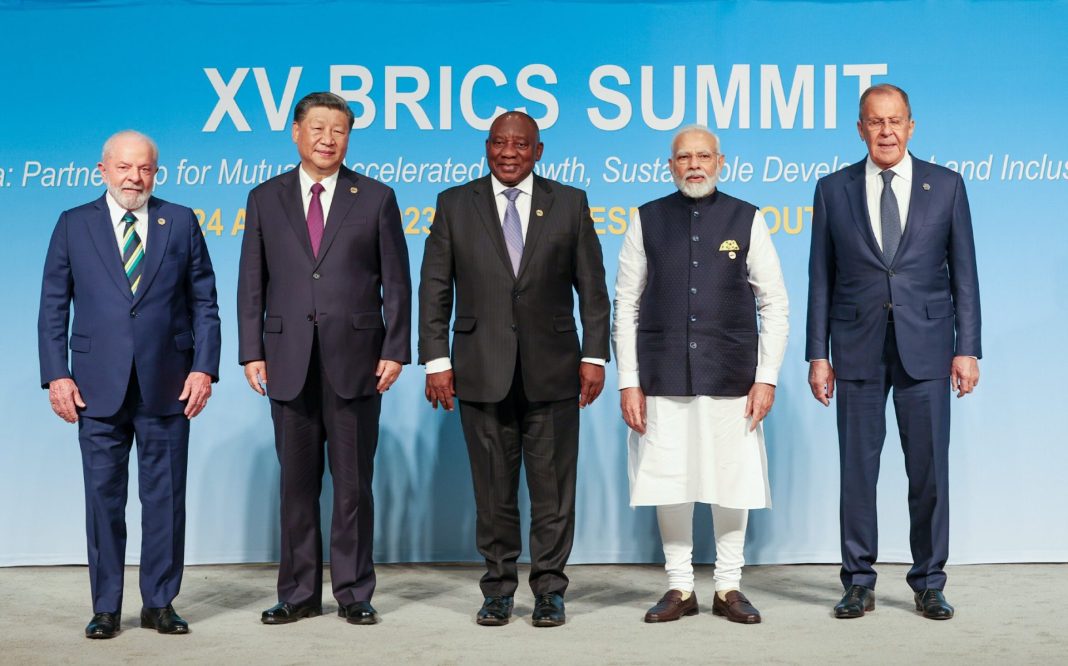Six nations will become full-fledged members of the BRICS group of nations starting January 2024, after their candidacies were approved by leaders of the current member states, Ramaphosa has announced. The expansion topped the agenda of the summit in Johannesburg this week.
Argentina, Egypt, Ethiopia, Iran, Saudi Arabia, and the United Arab Emirates were welcomed as new members on Thursday. The bloc currently consists of Brazil, Russia, India, China, and South Africa.
“We value the interest of other countries in building a partnership with BRICS. We’ve tasked our foreign ministers to further develop the BRICS Partners Country model and a list of prospective partner countries,” the South African leader added.
Reacting to the news, Mohammad Jamshidi, the Iranian president’s deputy chief of staff for political affairs, said Iran’s full membership in BRICS is a “historic development” and a “strategic success” for the foreign policy of the Islamic Republic.
“Felicitations to the Leader of Islamic Revolution [Ayatollah Seyyed Ali Khamenei] and the great nation of Iran,” Jamshidi said via X, formerly Twitter.
BRICS previously expanded only once in 2010, when South Africa joined the organization. The admission was made without any prerequisites. One of the key goals of this year’s summit was to agree to more formal criteria for new candidates.
The group touts itself as an alternative to Western-dominated international institutions, saying that its approach better reflects the emerging multipolar world. Member states have blamed the US and its allies for abusing their position during the moment of unipolarity, which they enjoyed following the collapse of the Soviet Union. As Western influence dwindled, its leaders leveraged tools under their control, such as the dollar, to protect its hegemonic position, BRICS members claim.
